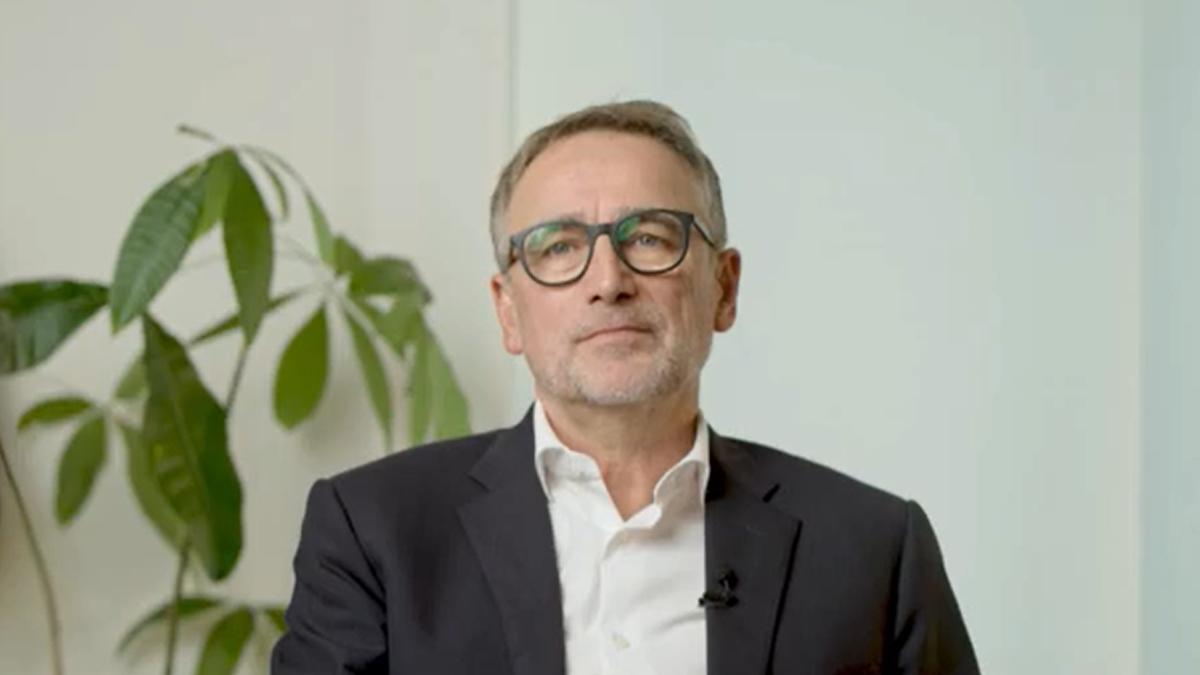GSK completes travel vaccine offload as revamp continues

GlaxoSmithKline’s last act of 2019 was the completion of its near-€1 billion deal to divest two vaccines to Bavarian Nordic.
It’s another piece of the transformation put in place by chief executive Emma Walmsley after taking over the helm of GSK two and a half years ago.
2020 is looking like an important year for the company as it continues reconfiguring its R&D – reversing a retreat from oncology implemented by predecessor Sir Andrew Witty – and tries to boost shareholder returns through new acquisitions such as cancer specialist Tesaro, and spinning off consumer health into a joint venture with Pfizer.
The company’s profits had been propped up for years by respiratory diseases blockbuster Advair in the US, but its sales are sliding after the FDA finally approved generic rivals following years of delays.
The UK drugmaker has followed through on the sale of rabies vaccine Rabipur/Rabavert and tick-borne encephalitis shot Encepur to Bavarian Nordic, first announced in October. It is pocketing €308 million upfront from the deal with additional payments pending that could hike the total to €955 million (around $1.3 billion).
In a statement, GSK said that the sale would help it to “increase focus and reinvest in growth assets, innovation and a simplified supply chain in its vaccines business.” A staged technology transfer will now start with completion anticipated within five years.
The deal is another milestone for GSK as it shifts its focus away from drugs it acquired through the multi-billion deal with Novartis a few years ago, which saw its cancer drugs portfolio swapped for the Swiss company’s vaccines assets.
Analysts at Jefferies have placed GlaxoSmithKline as one of their top European pharma prospects – after Novartis, Roche and Sanofi but ahead of UK rival AstraZeneca – as we enter the new decade.
They pointed to “growing interest” in its pipeline and optimism about its Shingrix shingles vaccine, but with the caveat that they have a cautious stance on ViiV’s HIV drugs joint venture given strong competition from Gilead Sciences.
Meanwhile, GlobalData said recently that GSK has the leanest spend on R&D of all the top 20 big pharma companies, but gets the biggest return on its investment with seven drugs in the pre-registration phase.
Under new R&D chief Hal Barron GSK has doubled the size of its clinical oncology pipeline to 17 assets, according to the company’s latest R&D update, giving it plenty of scope to carry out combination studies.
Barron has highlighted three new drugs in particular that he thinks could lead to a renaissance for GSK as a player in cancer: Tesaro drugs Zejula (niraparib) for ovarian cancer and dostarlimab for endometrial cancer, and recently-filed BCMA-targeting antibody-drug conjugate belantamab mafodotin for multiple myeloma.












